Get the Facts Resources
Get the Facts: Video Library
Have you ever wondered why organic food is more expensive than non-organic foods? We speak with a local restaurant owner about why choosing organics is important to her as well as the challenges that accompany that decision – specifically the PRICE factor.
Are there organic restaurants? Is it possible for restaurants to be 100% organic? This video captures the approach one Edmonton-based restaurant chain is taking when it comes to organics.
If you’ve ever wondered how farmers care for their animals, and what really goes into producing the meat you see in the grocery, then you’ve come to the right place!
In this video we discuss how organic animals are treated when they’re sick and what happens if antibiotics are used!
Farm fresh eggs make quite the journey to get to your plate. In this video, we are diving into the egg grading process.
Learn the difference between laying hens (where your eggs come from) and broiler hens (where your meat comes from).
Would you believe us if we told you it’s not uncommon for farmers to have nutritionists for their animals?
How do farmers keep their soil healthy, so they can grow healthy crops? We’re breaking it down!
How do farmers control weeds and pests that can harm their crops without using GMO?
Do you ever catch yourself wondering where the produce you see in the grocery store comes from? Daydreaming of luscious green fields…but what you might not think of is the few steps before the seed is planted.
Organic vs. Certified organic…what’s the difference? Is there a difference at all? Navigating organics and sifting through what’s fact or fiction can be a hassle. In this video, Ryan Mason of Reclaim Urban Farm, walks us through what it means exactly to be certified organic.
There’s more to turkeys than just Christmas and Thanksgiving, and today it’s all about the turkey talk. Sherry, from Sunshine Organic Farm is sharing what exactly makes Sherry’s turkeys organic.
As the temperatures drop, and the winter months approach, it’s important for farmers to ensure their animals are safe. Check out this video explaining how Sherry at Sunshine Organics how she cares for her pigs!
If you shop at grocery stores, you’ve probably noticed the price difference between organically and conventionally produced food products. We took some time to speak with a few local farmers about what goes into their organic production and why organics tend to be more expensive.
Sherry Horvath, co-owner of Sunshine Organic Farms and Mike Chalut discuss the differences in free-range eggs and free-run eggs as well as some of the requirements farmers must meet to be certified organic!
Jennifer Berkenbosch, co-owner of Sundog Organic Farm and Mike Chalut discuss whether or not synthetic chemicals are used in organic farming, and how organic farmers manage weeds and insects and keep the soil healthy.
Ryan Mason, manager of Reclaim Urban Farm explains to Mike Chalut what a GMO actually is and whether or not they are used in organic agriculture.
Yes, please keep me informed!
Subscribe to Push Notifications
Receive a small pop-up notification on your browser anytime we add new information to our site. Push notifications ensure you stay informed while providing you with single click access to important updates.
Subscribe to Our Chat Bot
Receive a message via Facebook Messenger every time new information is added. Plus you can ask our bot anything about organics and you’ll receive instant answers, 24×7.
Get the Facts: Article Library
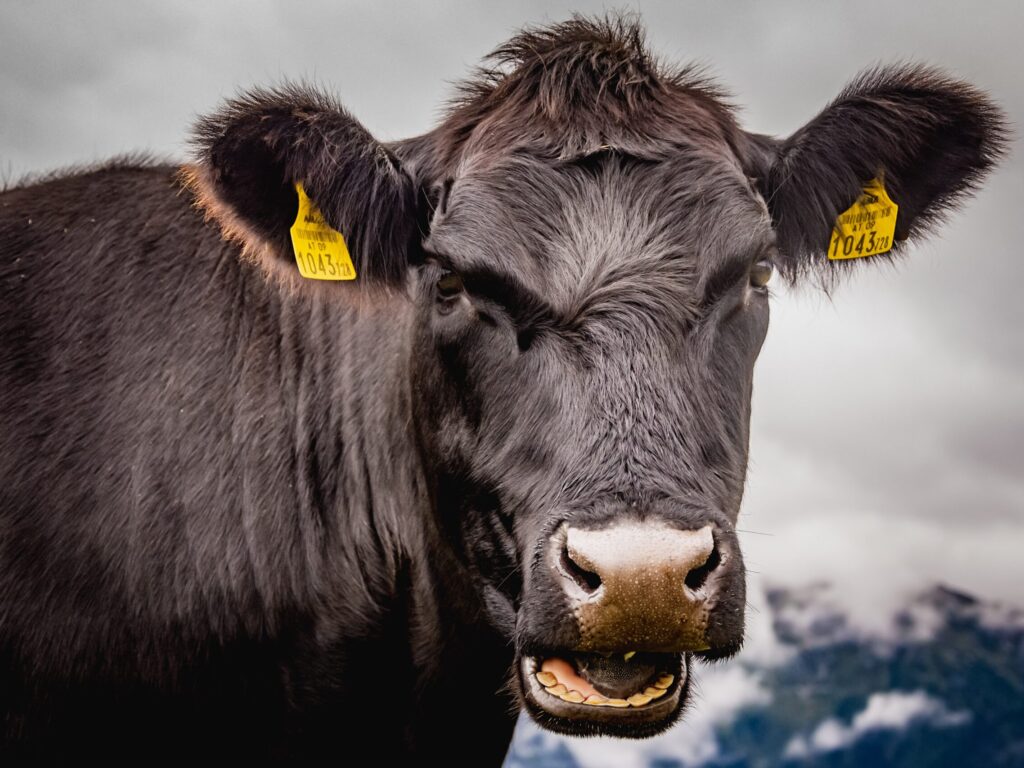
What Makes Organic Beef Different?
If you’ve ever picked up a package of organic beef at the grocery store, you’ve probably wondered how organic beef is different from conventional beef. When you look at the regulations organic beef producers in Alberta have to follow, the difference is significant.
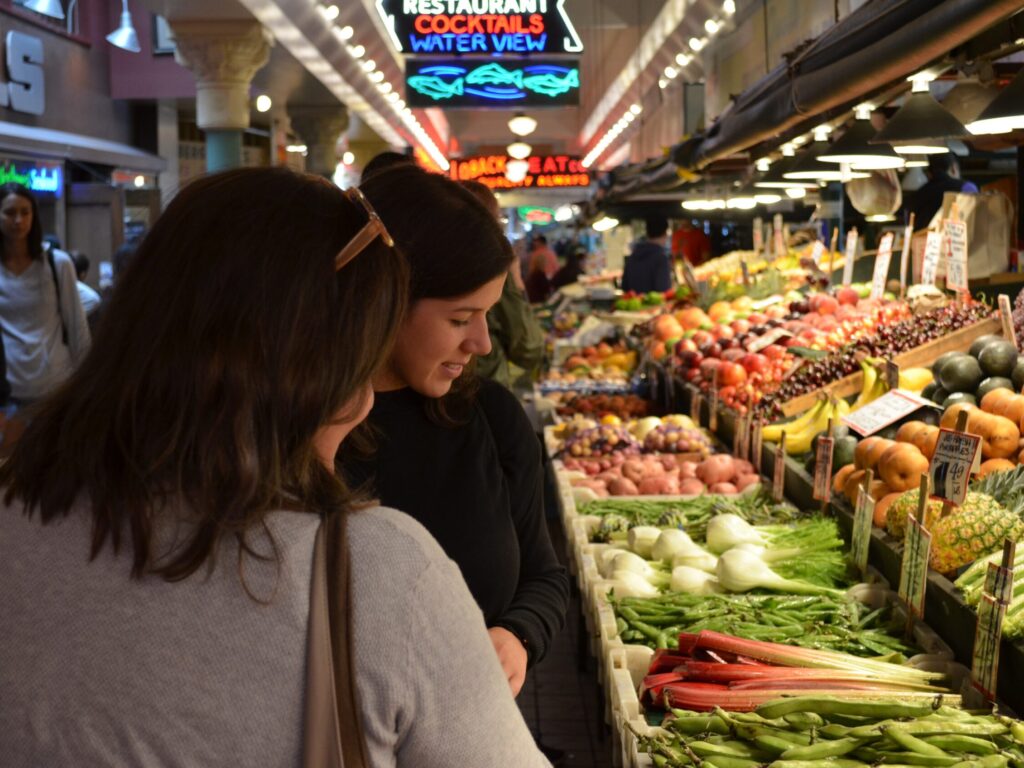
What’s Behind the Label on Your Food?
Walking through grocery stores, you’ve seen food with marketing phrases like “all-natural,” “sustainably grown,” “pasture raised,” “hormone free,” etc. on the packaging. You’ve probably added some of these to your cart and felt good about buying them. This is what is referred to as “organic-washing”.
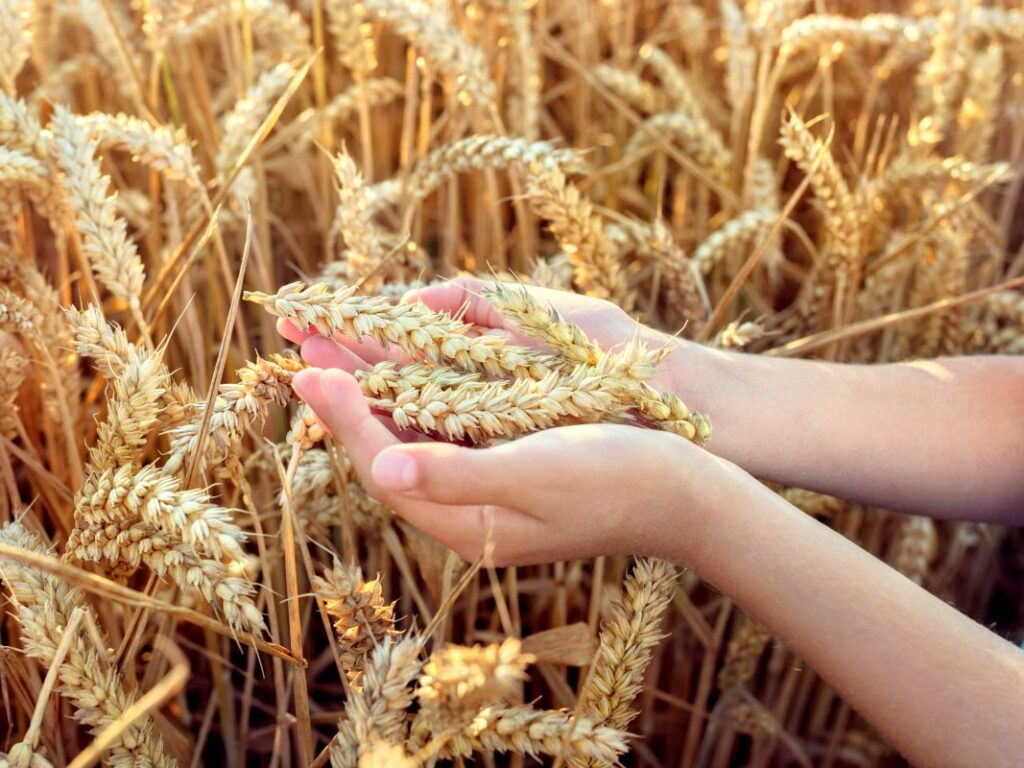
How Certified Organic Food is Grown
If you’re one of many Albertans making organic purchases at the grocery store, farmers market, or local shop, you probably want to know exactly what that organic label means. What’s the process that your food followed to get from field to plate? And is there any guarantee that it’s made that way every time?
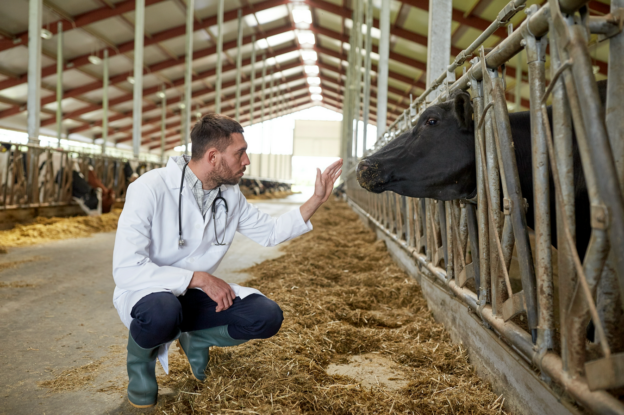
How Do Organic Farmers Avoid Antibiotics?
There’s no doubt about it: antibiotics are life-saving medications that play an important role in the lives of humans and animals alike. They’re used to treat disease and illness caused by bacteria. When it comes to certified organic animals, the rules surrounding antibiotics are even more strict. In general, certified organic animals in Canada are not treated with antibiotics.
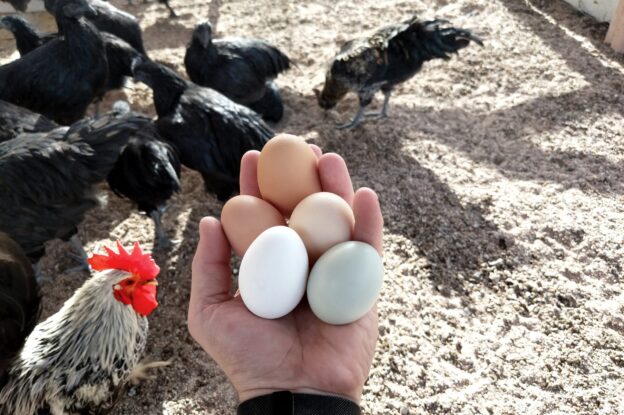
From the Hen House to Your Plate
When you’re picking eggs off grocery store shelves, you probably don’t think too hard about how they came to be in that carton. But once in a while, when you crack one open and see an unusually orange yolk (or even better, a double yolk!) you might be reminded that before that egg landed in your frying pan, it came from a farm.
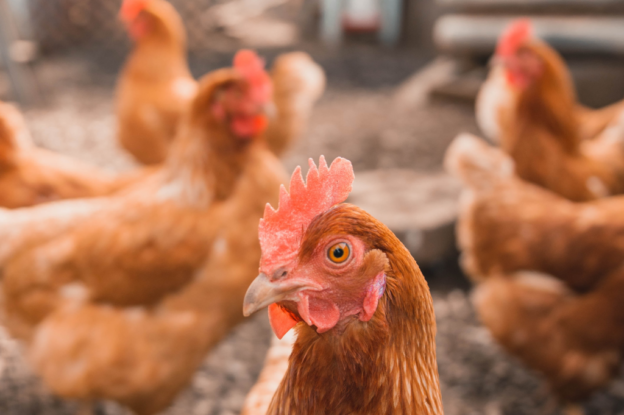
What the Hen?!
In our latest Get the Facts article we are talking about the differences between laying hens (where your eggs come from) and broiler hens (where your chicken meat comes from). Understanding chicken farming in Alberta (and across Canada), you can make informed choices about what you want in your cart at the grocery store.

Feeding Organic Livestock
When organic farmers talk about organic food, they’re not just talking about food that humans eat. Organic animals in Canada are required by the Canadian Organic Standards to eat 100% organic feed. In fact, organic feed for animals is closely regulated by the government, just like organic food for humans.
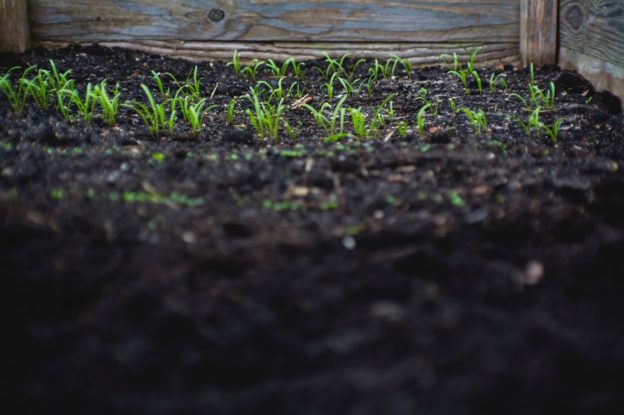
Maintaining Nitrogen Rich Soil
If you ask local farmers, they will tell you it takes a lot more than that to keep field crops healthy. Water and sunlight are important, but plants also need a lot of essential nutrients,17 to be exact. There are a few macronutrients plants need in abundance, but none are more important than nitrogen. Let’s dive into the science behind nitrogen.
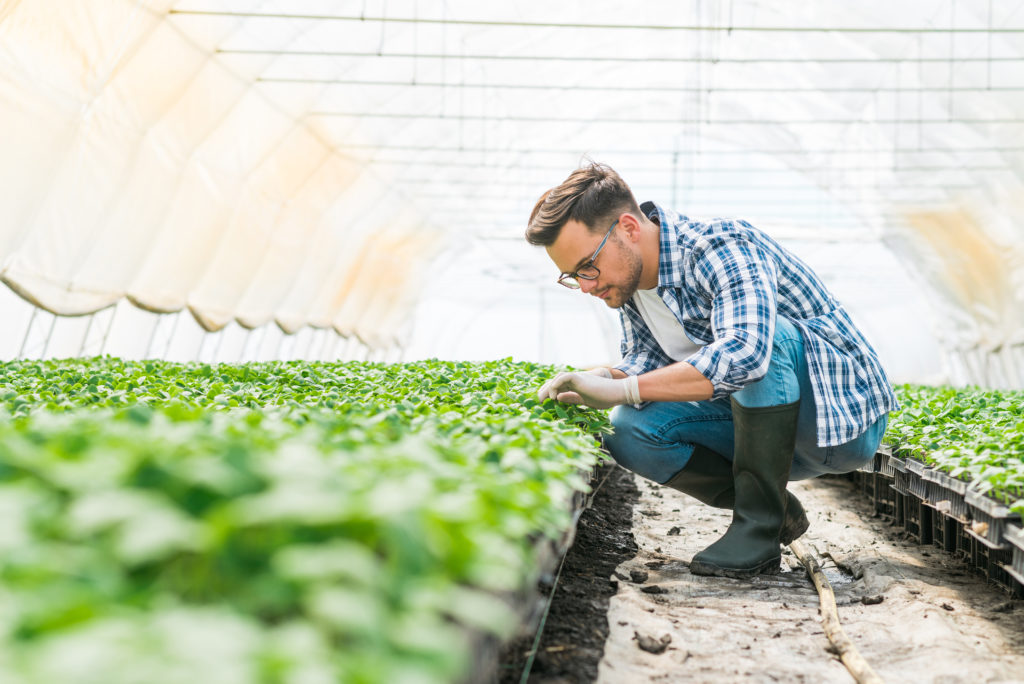
Weed and Pest Control
Organic farming relies on natural practices like promoting biodiversity and using natural nutrition sources. It probably isn’t surprising that the Canadian organic standards prohibit the use of seeds that have been genetically modified in labs for crop farming. Using non-modified seeds means organic farmers have to double up on other methods for fighting pests and weeds in their crops.
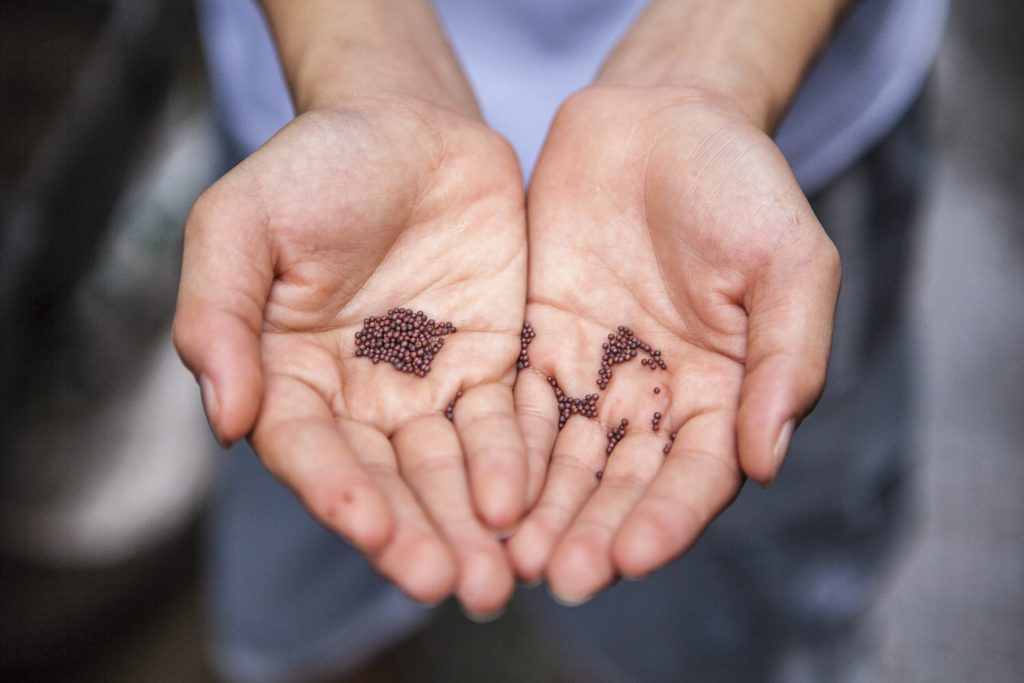
What Makes Seeds Organic?
All seeds have to follow specific rules. According to the Canadian Seed Institute, “Before Canadian seed can be sold or planted, it goes through a number of important steps. Many of these steps are specified in regulations, policies, and guidelines, and together they make up the lifecycle of a seed in Canada.” So, what are the rules that apply to organic seeds grown or used in Canada?

Certified Organic Growers
Canadian farmers are always striving for more regenerative farming practices. Some follow a regulated process on their farms so they can become certified organic producers. So what are the differences when it comes to farmers who choose organic practices but aren’t certified, and those who choose to go through the processes required to become a certified organic Canadian producer?
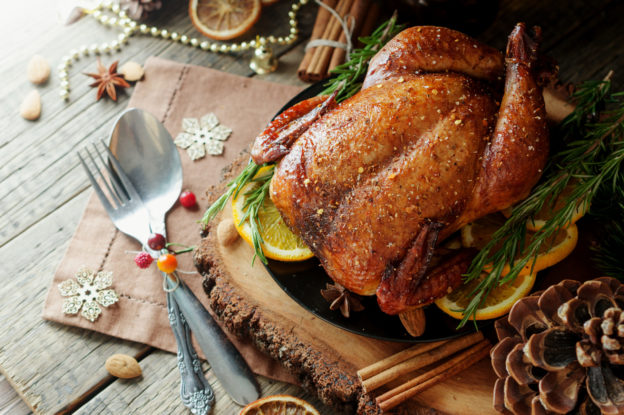
What Makes Turkeys Organic?
With all this buzz around Christmas turkeys, there are plenty of options when it comes to buying one. You can head to your local grocery store and pick up a frozen one, or visit a butcher shop or market to find farm-fresh turkeys. And of course, you could look for a Canada organic turkey at any of those places. No matter which type you choose, it’s great to know what “organic” means when it comes to turkey.
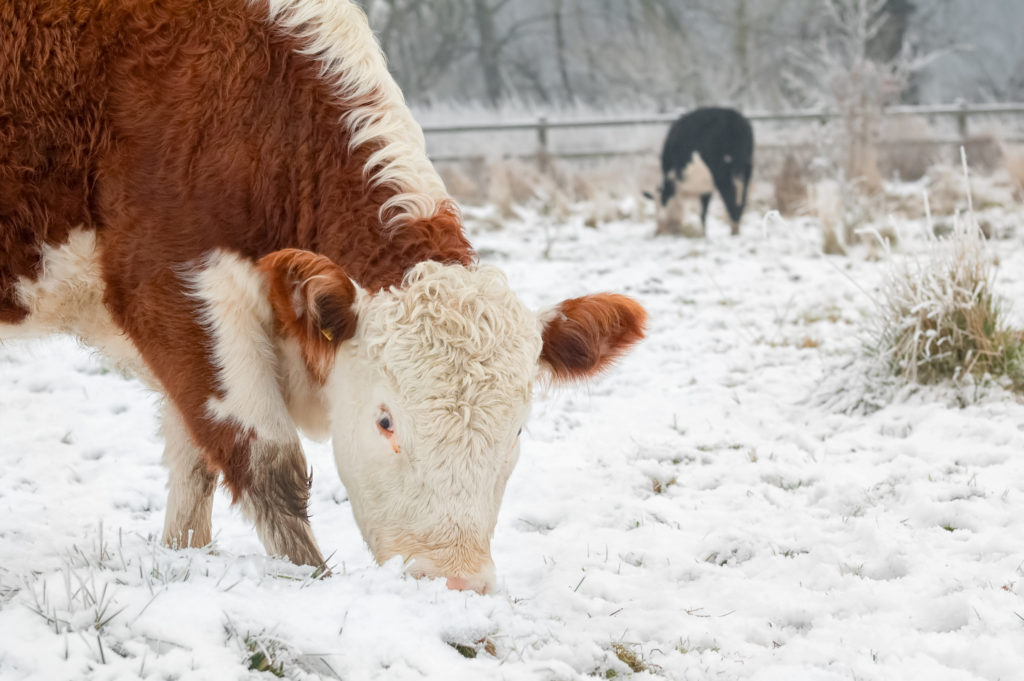
Do Animals Wear Winter Coats?
When you think about organic livestock farming, you might immediately imagine a herd of cattle grazing peacefully in a grassy field. In the sunny Canadian summer, this might be exactly what you stumble across. Unlimited access to the outdoors and plenty of fresh grazing pasture is ideal for organic livestock. So how do organic farmers keep their livestock safe throughout the cold, harsh winter months?
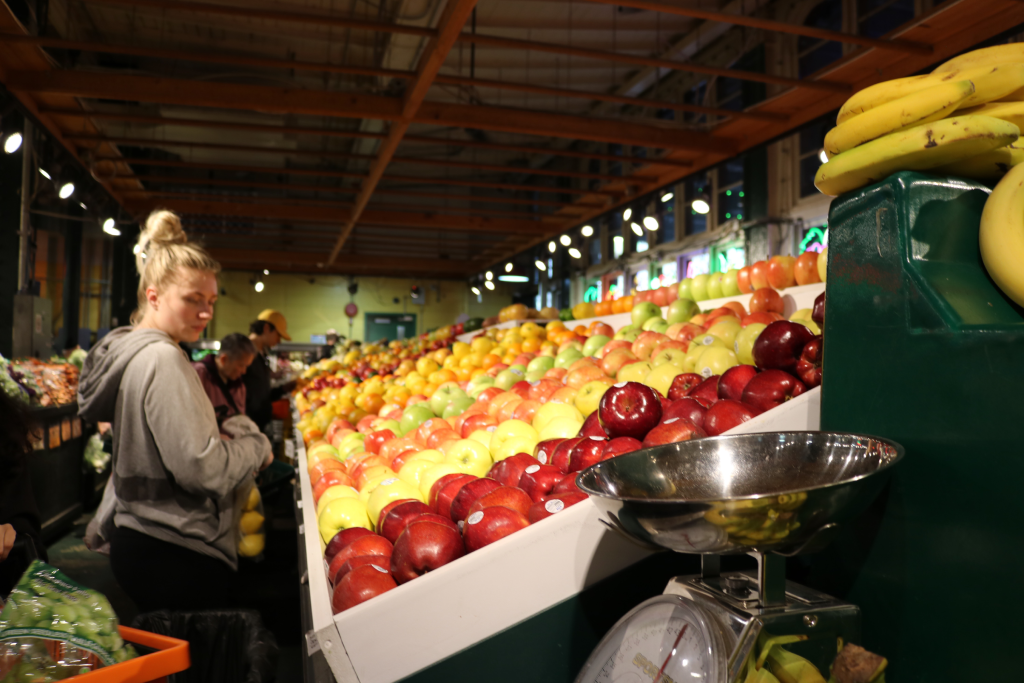
Why Is Organic More Expensive?
On average, organic food costs 47% more than conventional food. With conventional food prices already so high, some Canadians worry that the cost of organic food is prohibitive. However, despite prices, the organic market is growing globally at a rate of 17.6% per year. In Canada, the organic market is worth an annual average of $5.4 billion. We broke down the top reasons why organic can cost more.

Even Our Food Needs Food
When it comes to our food, it seems like the difference between natural and synthetic fertilizer would be large, but it’s actually smaller than you might think. Although the organic crop production process only uses fertilizer and nutrients sourced 100% naturally, all farmers depend on nutrients found in fertilizers and supplements to keep their soil and crops healthy for a better growing environment.

Humane Animal Husbandry
Animal husbandry practices (how animals are raised and live their lives) are an important part of organic livestock production, and not just because of organic regulations in Canada. Organic farming is a comprehensive approach to farming that focuses on the health of people, animals, and the environment. To that end, Canadian organic livestock farming maintains a strong focus on animal welfare.
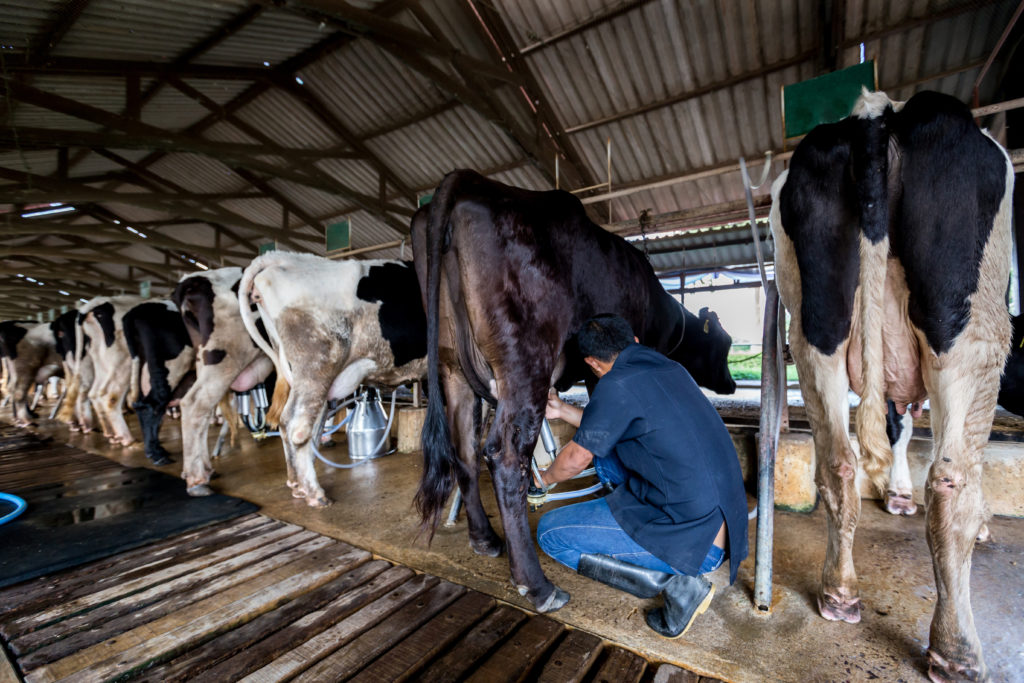
Antibiotics in Meat & Dairy
With the increase in antibiotic resistant bacteria, many people are becoming concerned about the potential for antibiotic residue in fish, meat, milk, and eggs even though Health Canada has established the maximum residue limits (MRLs) of antibiotics in food animals, which refer to the residue levels that do not pose a risk to human health if ingested daily over a lifetime.
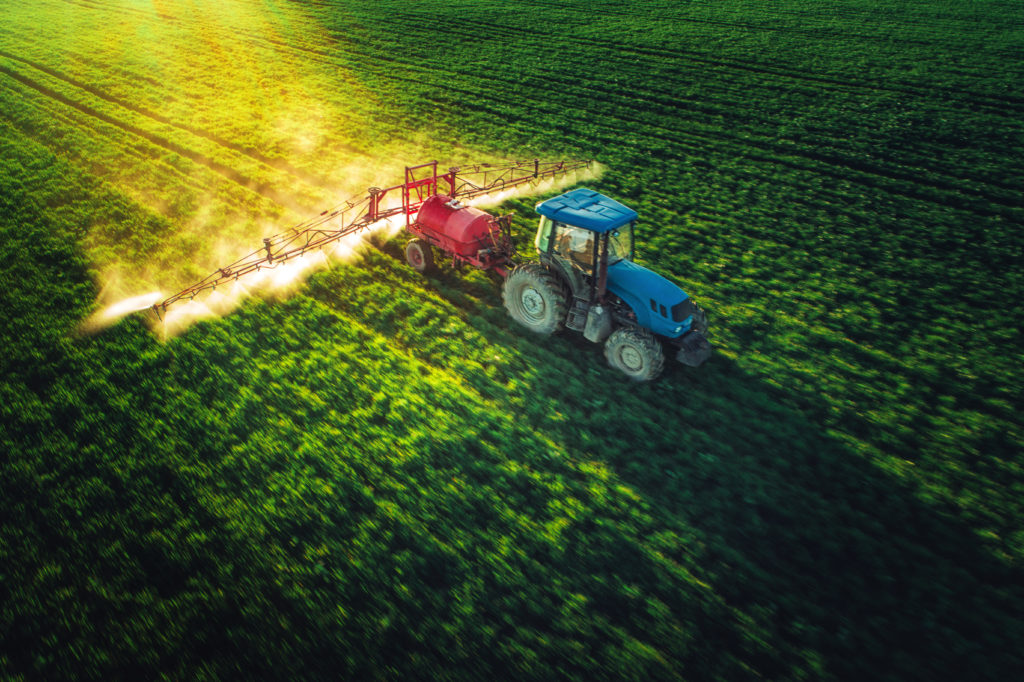
Let’s Talk Pesticides & Glyphosate
Pesticides are substances used by farmers to control different types of pests, and herbicides are a specific type of pesticide used to control weeds. Weeds are among the most persistent pests that inhibit a crop’s growth. Herbicides are actually used for non-agricultural applications as well. We’ve put together some essential information about pesticides so you know what’s in your food and why it matters.
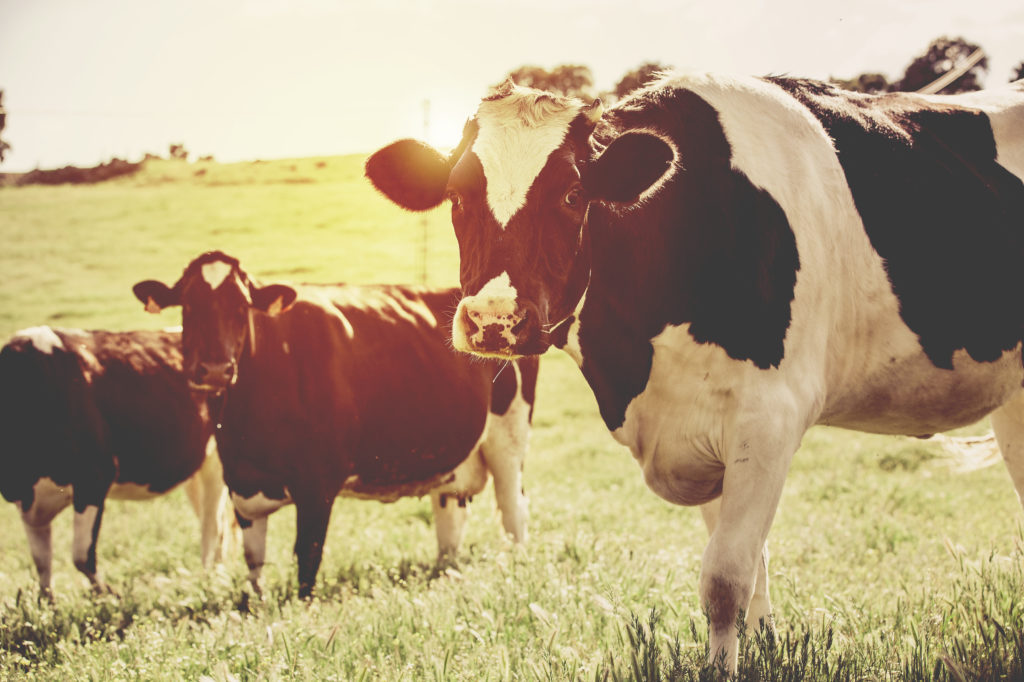
Organic Cattle Are Not Given Hormones
It’s impossible to completely avoid hormones in meat and animal by-products because hormones occur naturally in all animals. However, it is possible to find animal products free from added synthetic or natural hormones in your local grocery store. In fact, hormones are not approved for use in animals raised in Canada, with the exception of beef cattle.

Organic Means Non-GMO
Did you know that organic is one of the only ways to ensure that your food does not contain GMOs? That is because the Canadian Government under the Canada Organic Regulation prohibits the use of GMOs in organic products. This is done to preserve the natural growing processes that are core to the Canadian Organic Standards.

Happy Organic Week, Canada!
Organic Week is a celebration of organic food, products, and farming in Canada. It’s a time when we can reflect on how fortunate we are to live in a country where all food and products are produced with health and safety as a top priority. It’s also a great time to learn about how organic production has grown and evolved in Canadian provinces.


